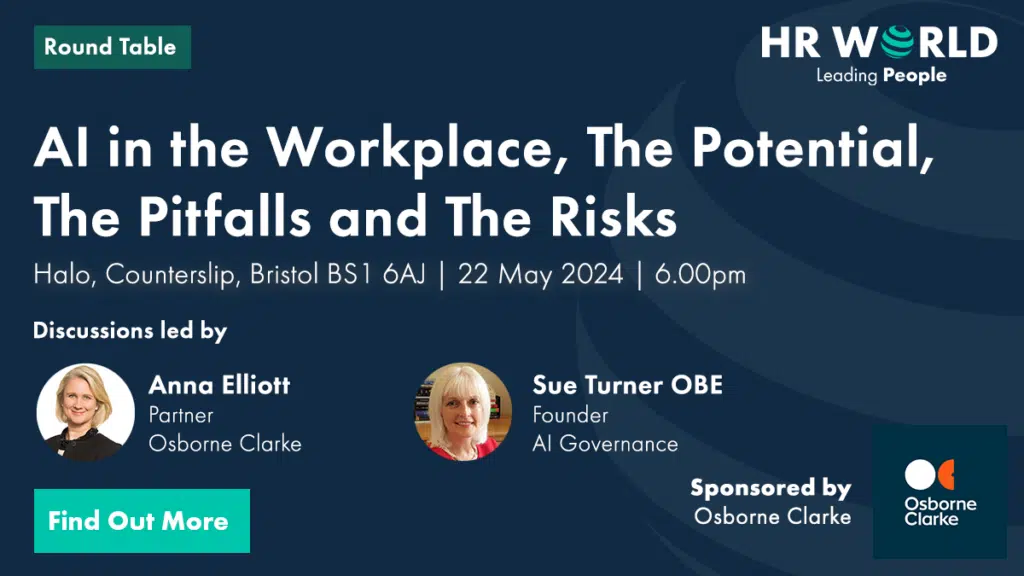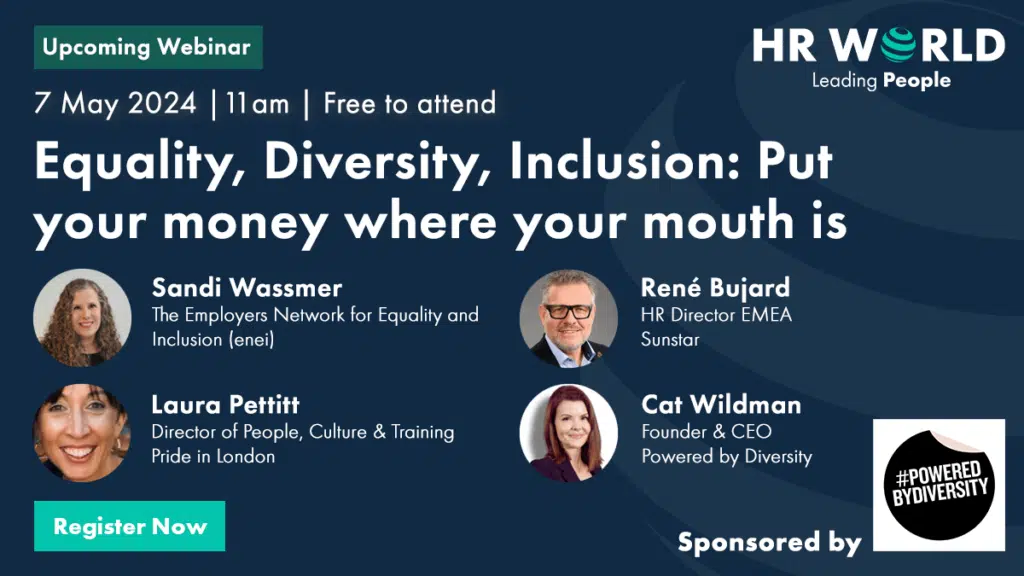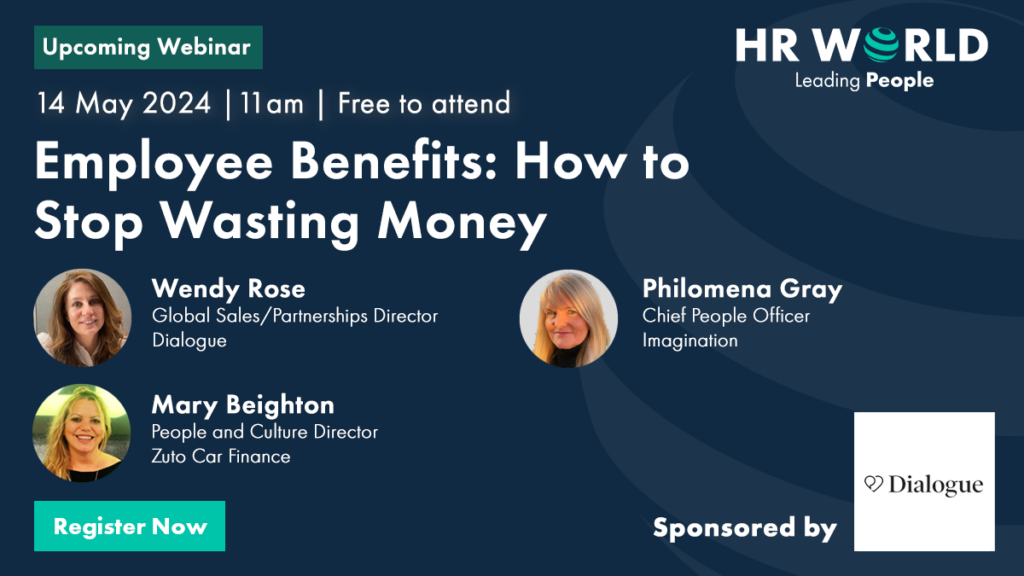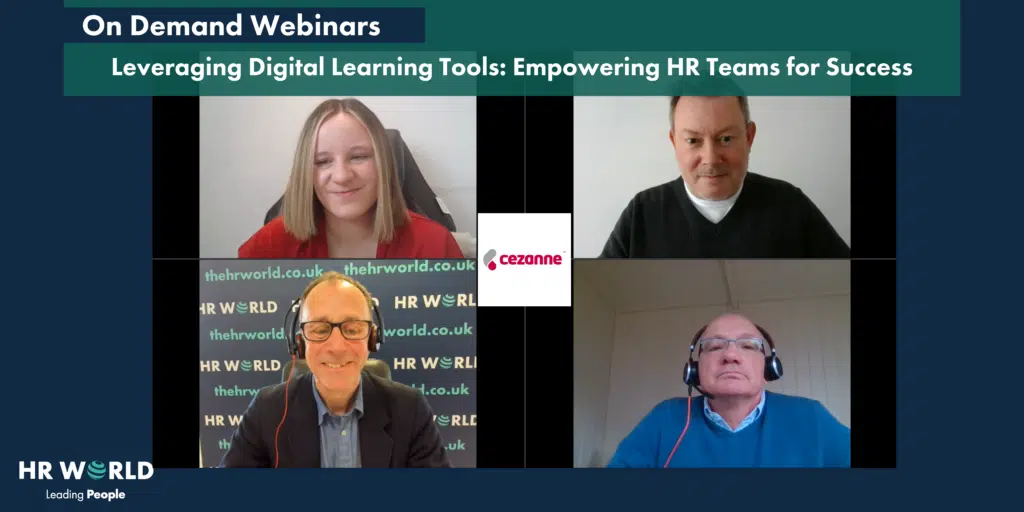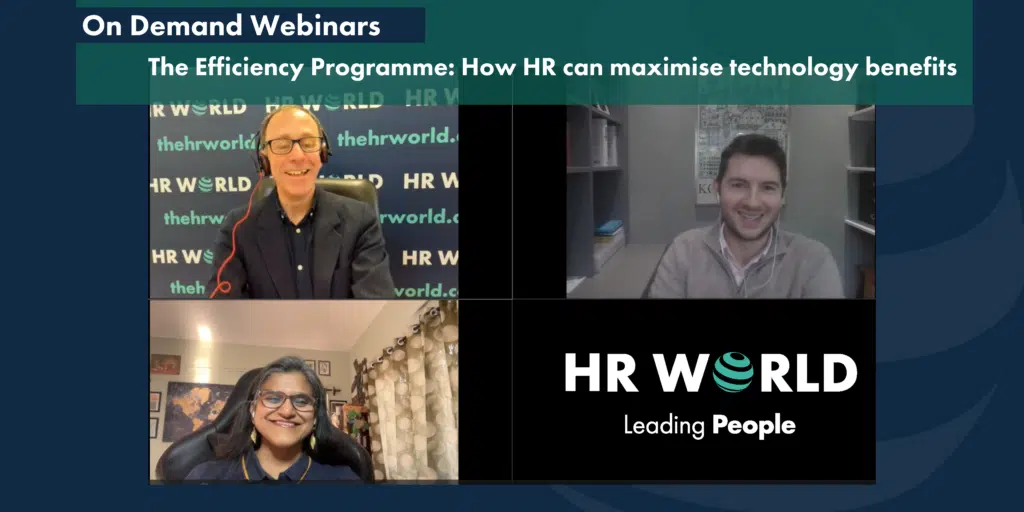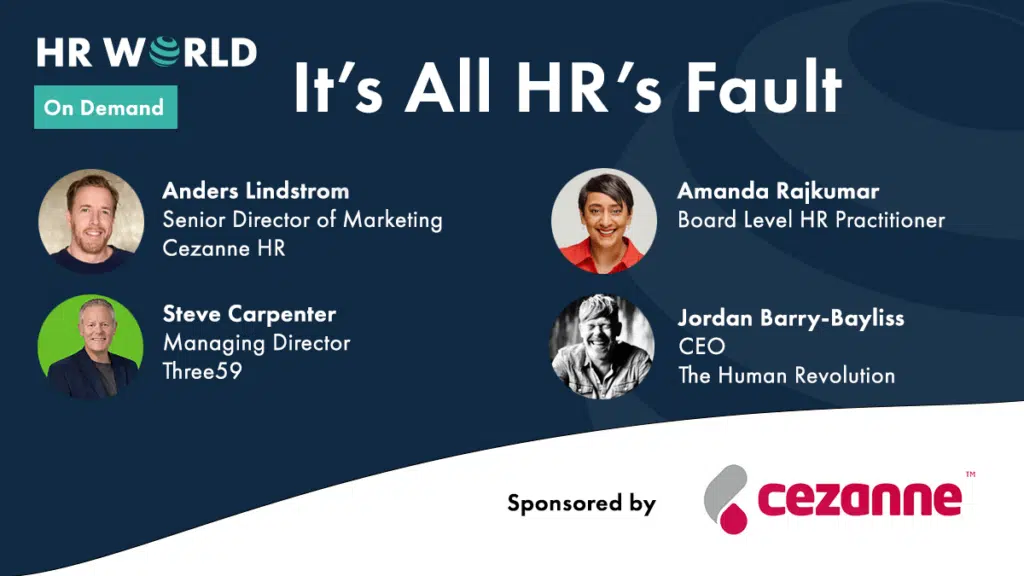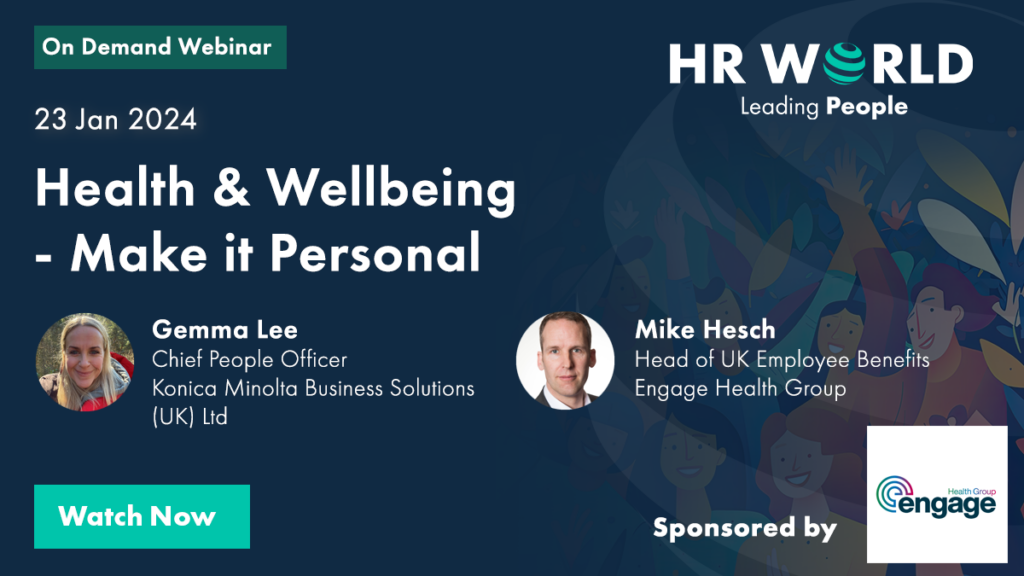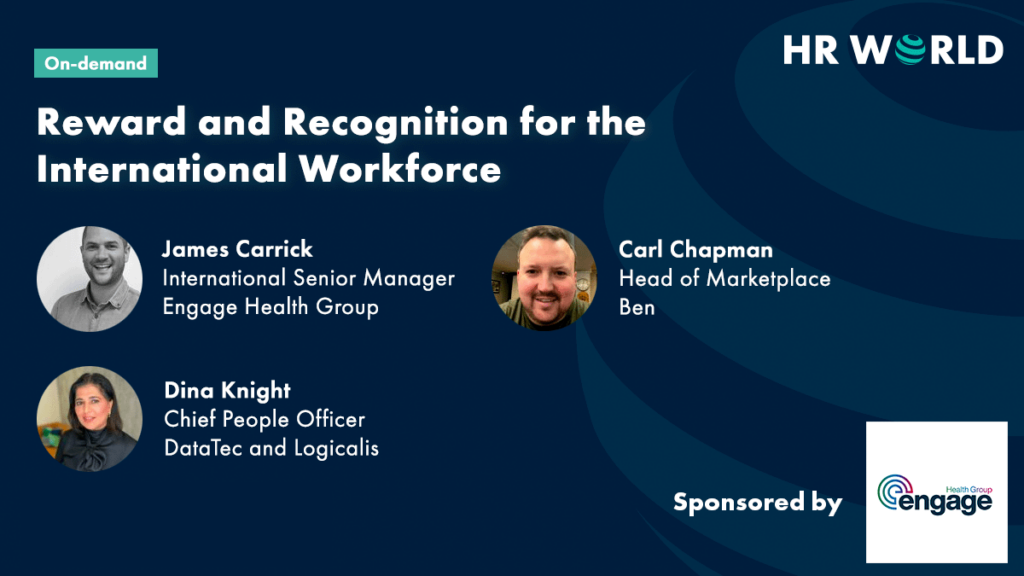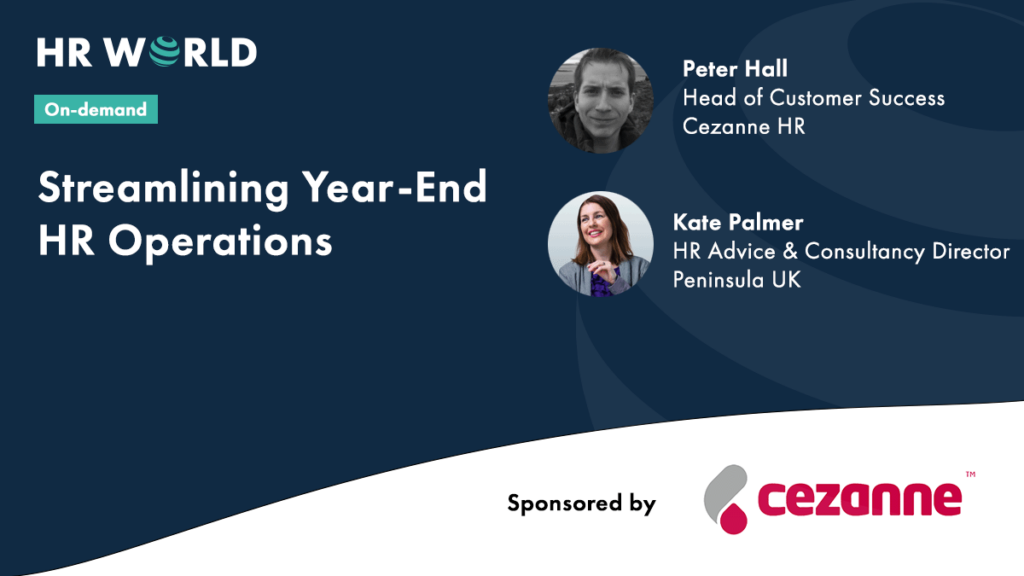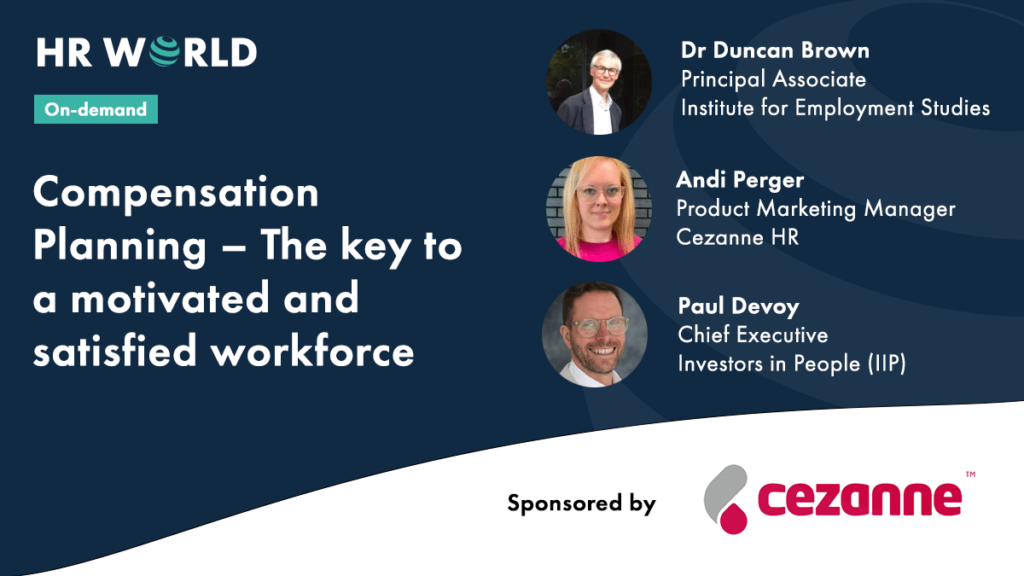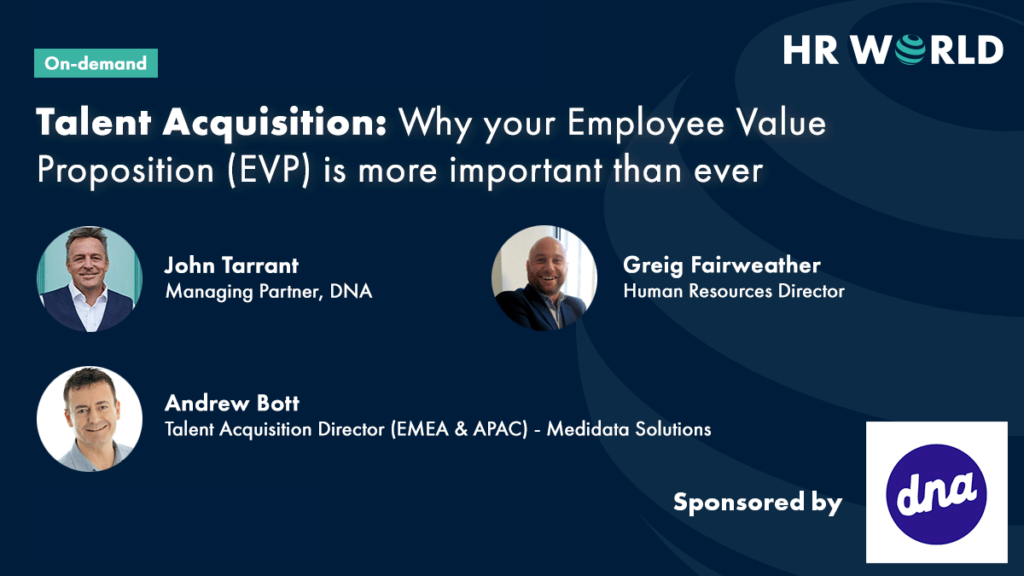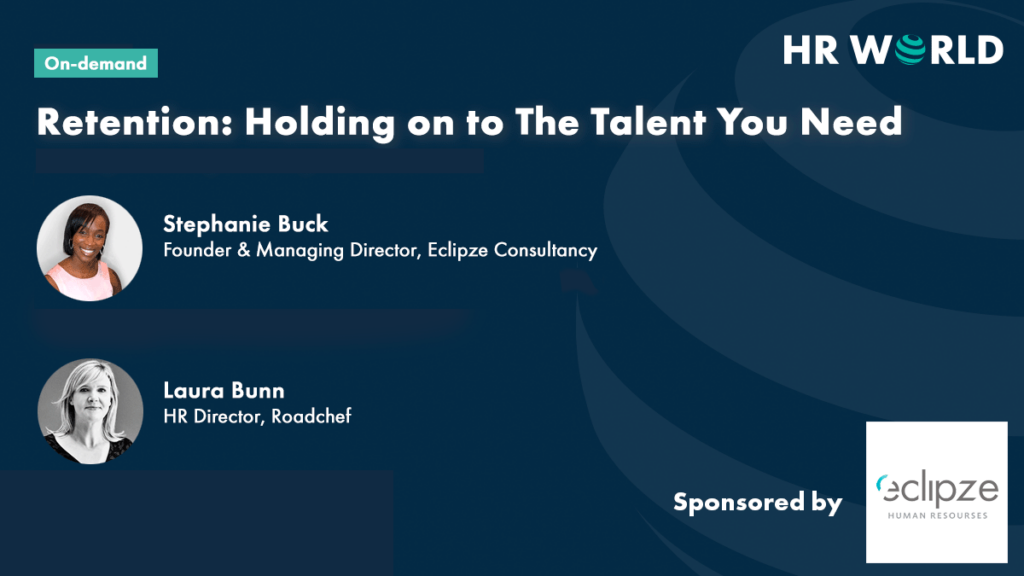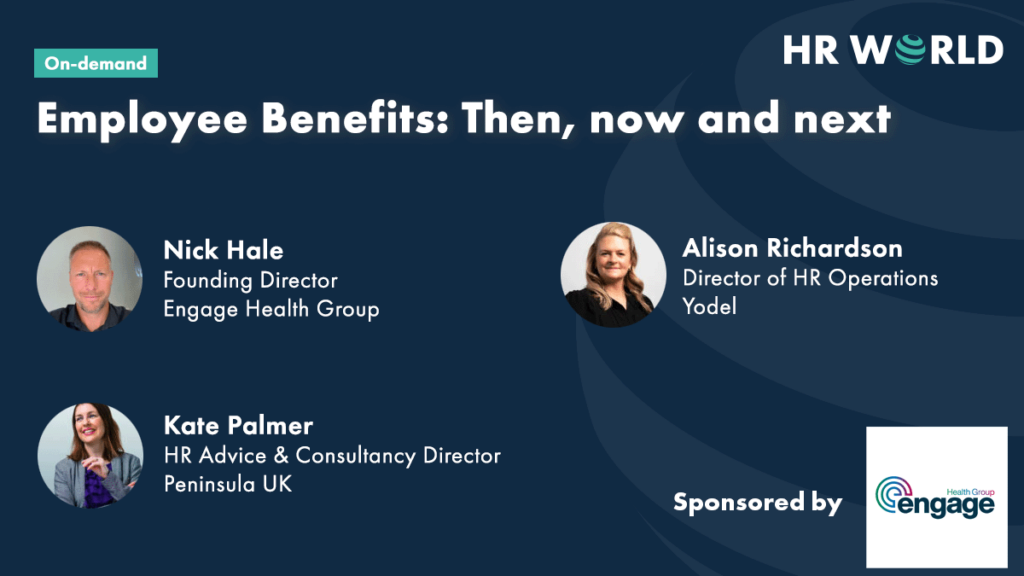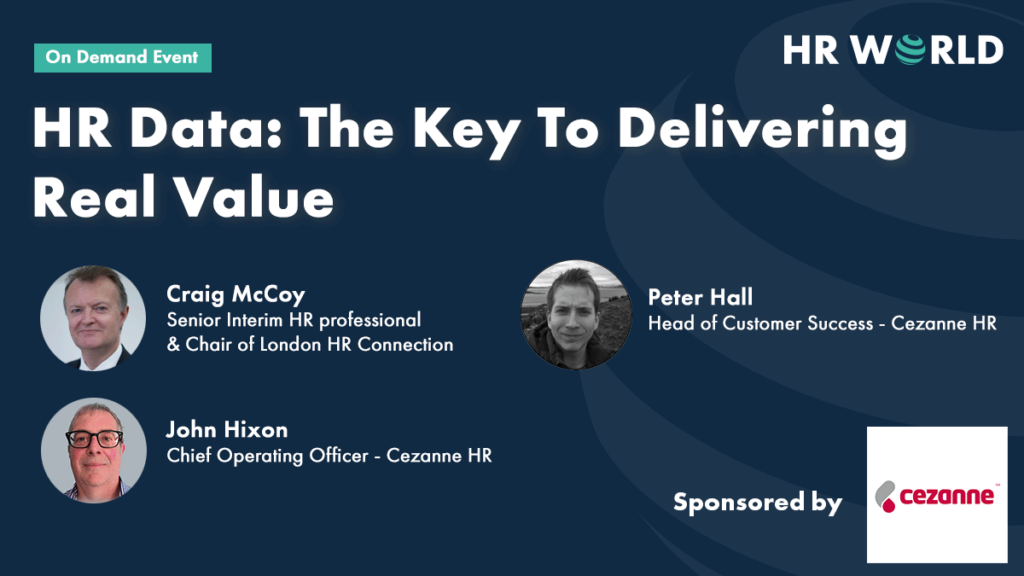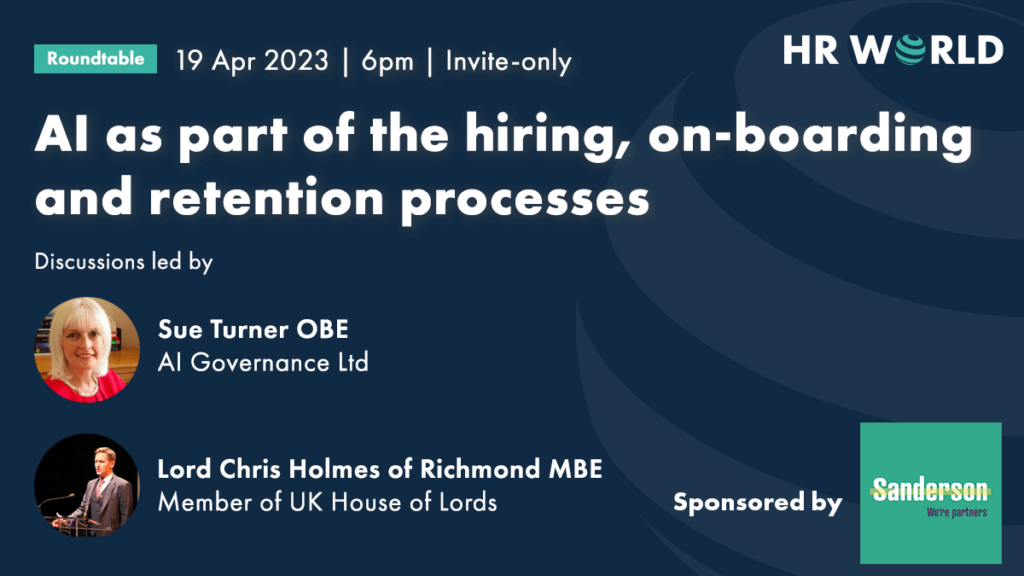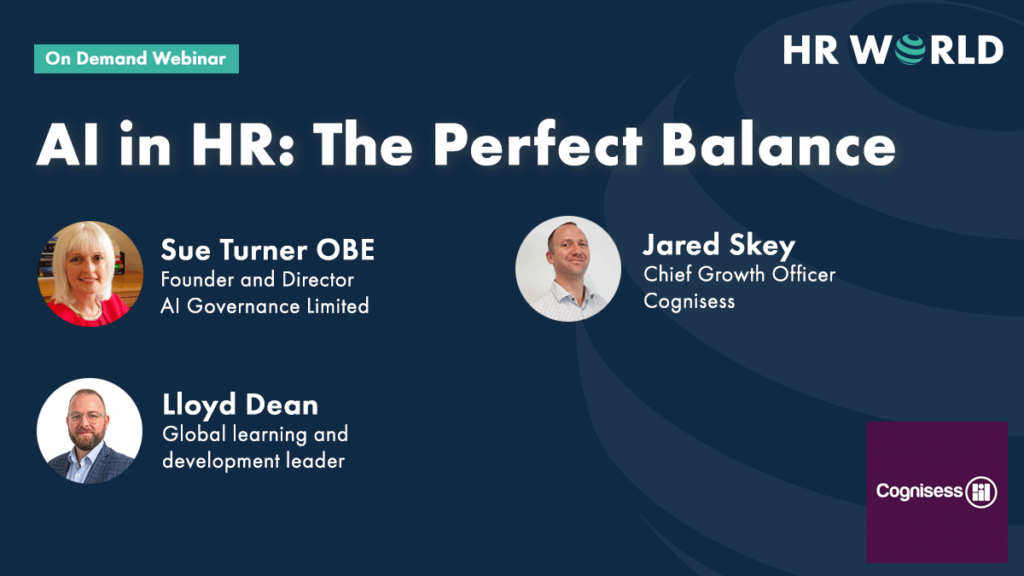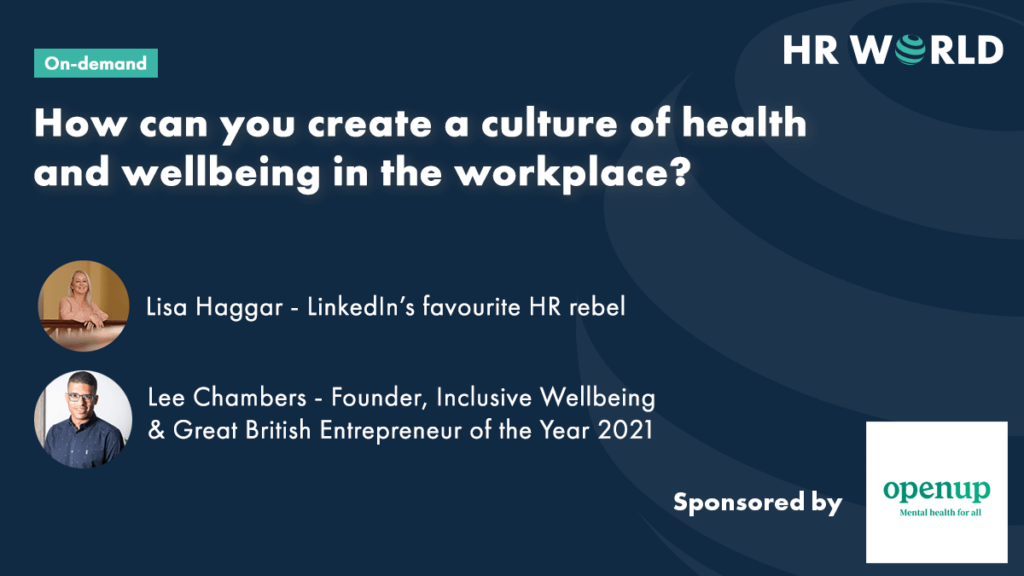Home » Knowledge Hub » Pay, Benefits and Taxation » High earners most likely to be offered pay rise
High earners most likely to be offered pay rise
07 April 2022 Pay, Benefits and Taxation

Triple the number of those financially comfortable have been offered a pay rise to help with the increasing cost of everyday living; compared to those who are financially uncomfortable.
The research, from Indeed, shows that one in ten (11%) Brits are struggling to make ends meet and more than a quarter (29%) not able to afford anything beyond essentials.
Nearly three quarters (71%) of those struggling financially do not feel supported by their employer to manage their financial wellbeing.
High earners are most likely to have been offered pay increases as the rising cost of living begins to bite, according to research by the global job site Indeed.
As inflation grew to its highest level in three decades and 22 million households brace themselves for soaring energy bills, a YouGov survey carried out on behalf of Indeed found triple the number of those financially comfortable (19%) have been offered a pay rise recently to help with the increasing cost of everyday living compared to those who are financially uncomfortable (6%).
Furthermore, those with the lowest incomes are mostly receiving the smallest pay increases, whereas by contrast, those with the highest incomes are mostly receiving the biggest pay hikes.
71% of those that are financially uncomfortable say their money situation has become worse in the last year and 64% expect their situation to deteriorate in the next 12 months.
In comparison, just 22% of those that are financially comfortable have experienced a decline in their financial situation.
The disparity comes amidst predictions of the biggest decline in living standards since the 1950s and the survey points towards a crisis that is already hitting hard.
More than one in ten (11%) Britons are struggling to make ends meet while 29% said they often do not have money for anything beyond essentials with some (1%) frequently going without food and heating.
High earners bag biggest pay hikes
Looking at gross household income, 11% of those earning below £25,000 have been offered a pay rise to support them during what has been the fastest price increase of everyday items in 30 years.
In comparison, 20% of those earning £100,000-£149,999 and 23% of those with an income of £150,000 or more having been offered a raise. In fact, only 5% of those with an income of £5,000-£9,999 and 7% of those with an income of £10,000-£14,999 have been offered an increase in wages.
Not only are higher earners more likely to receive pay increases, they’re also receiving the biggest jumps in pay. For example, of those earning under £25,000 just 5% have been offered a salary rise greater than 7% – to surpass inflation – in comparison to those earning £100,000-£149,999 where 30% were offered more than 7%, and for those earning £150,000 or more, 31% were offered a pay rise greater than 7%.
Employer support
As a result of the rise in the cost of living, many companies are considering how they can better support their employees; 15% of staff have been offered pay rises specifically with the cost of living in mind and one in four (25%) other benefits.
Those companies which have offered pay rises will be rewarded too; more than half of employees (52%) said a pay rise at this time would make them feel more loyal to their employer.
However, respondents’ opinions of support vary depending on financial circumstances.
Nine out of ten (90%) of those financially comfortable feel subsidising travel costs is effective at supporting staff to manage increasing outgoings, in comparison to just 54% of those financially uncomfortable.
The results are similar for offering permission to work from home more (74% Vs 47%), discount and voucher schemes (52% Vs 35%) and working fewer hours for the same pay (85% Vs 68%).
The only workplace offering – aside from pay rises – that was valued highly and fairly consistently regardless of financial situation, was improved benefits, such as childcare support, pensions and parental leave. 80% of the financially comfortable and 74% of the financially uncomfortable felt it was effective in supporting staff to manage the rises in everyday item prices.
Jack Kennedy, UK economist at the global job site Indeed, said: “The cost of living is one of the biggest concerns for Britons and while some workers have seen inflation-busting pay rises driven by worker shortages, the stark reality for many is that their pay simply isn’t keeping pace.
“With inflation predicted to continue to rise, more and more people face being sucked into uncertainty with low earners bearing the brunt of diminished real earnings.
“As well as the discrepancies between higher and lower earners’ prospects, our survey also shines a light on the human toll of spiralling costs with many people being forced into desperate positions.
“Encouragingly, some companies are investing in helping staff through these difficult times but the crisis is severe and many of those who need the most support aren’t receiving it.
“The fact that such a huge proportion of those financially uncomfortable do not feel supported by their employer is a red flag for businesses.
“The problem is that many companies are still emerging from the ravages of the pandemic and not all will be in a position to bump employee pay.
“To understand which benefits employees value and learn more about the ones that could help improve wellbeing as well as personal finances, a good place to start is by asking questions.”



